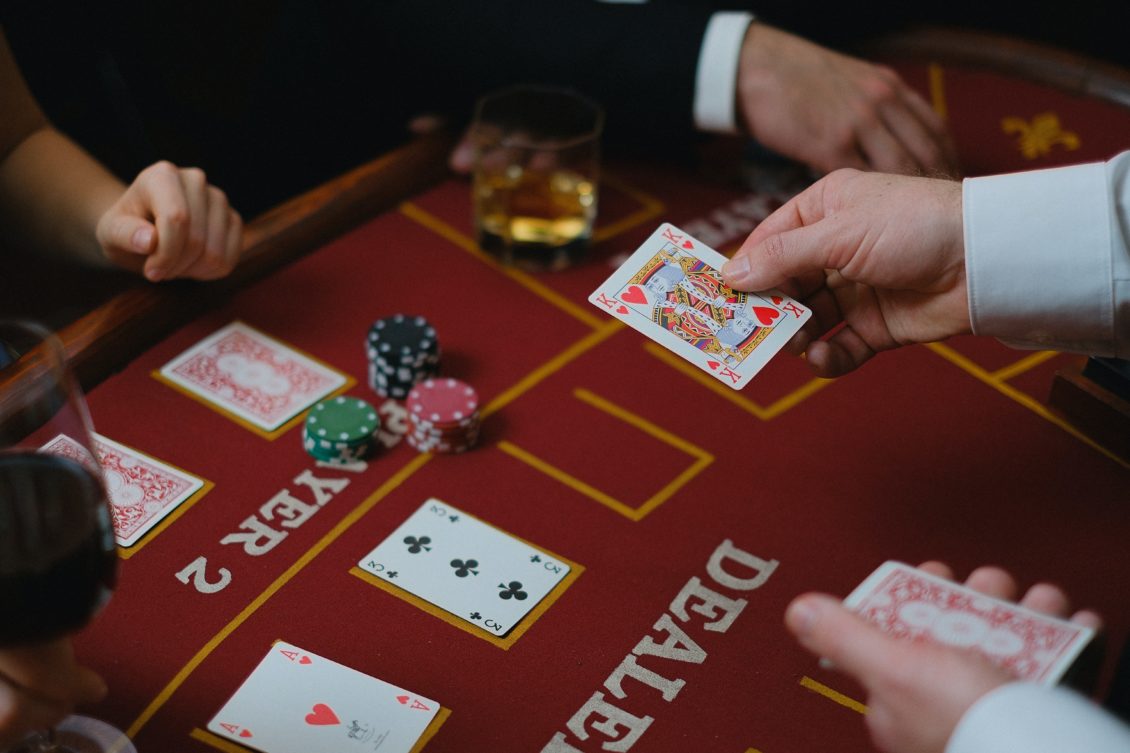Casino games have been a source amusement and excitement for numerous players around the globe. One of the key components that renders these games captivating is the diversity of playing cards used in different types of games. Grasping the various kinds of cards can enhance your gaming experience and improve your gameplay approaches. Whether you are drawn to traditional card games like Texas Hold’em and blackjack or newer casino games, each game relies on a unique set of cards that affects the rules and the flow of play.
In casino environments, cards come in various forms, each designed to meet the needs of specific games. From standard decks to custom card variations, the diversity plays crucial role in shaping the dynamics of each game. By familiarizing yourself with these cards and their uses, you can gain deeper insights into the games and make better decisions at the table. This knowledge not just enriches your overall gaming experience but also contributes to a more sophisticated approach to your chances of success.
Types of Playing Cards
When discussing casino games, the type of playing cards used can greatly impact the flow of the game and tactics. The most common deck is the standard 52-card deck, which consists of 4 suits: hearts. Each suit contains thirteen ranks, from ace to King. This traditional deck is essential in many games, such as poker, where players aim to form the best hand possible or approach 21 as they can.
Some casino games use special decks specifically designed for those games. For example, the well-known game of baccarat often employs various decks shuffled together, typically six or 8. This not only increases the difficulty of the game but also impacts wagering strategies, as participants must account for the increased number of cards in play. Additionally, certain games may introduce joker cards or wild cards, adding further diversity and excitement to the gaming experience.
In niche games, custom decks may come into play. For example, in games like bridge or pinochle, participants might use unique rules with varied card values or roles. These variations keep the gameplay new and allow for varied strategies to emerge. Understanding the different types of playing cards and their particular uses in various casino games is key to improving one’s gambling experience and improving overall performance at the tables.
Card Modifications in Casino Games
In casino games, the type of deck used can significantly impact both the gameplay and the strategies employed by players. Most traditional playing card games, such as blackjack and poker, typically utilize a standard 52-card pack. However, modifications do exist where extra wild cards or even multiple decks are used. For example, in 21, some gaming establishments may employ one to eight packs, which can change the probabilities and the fundamental strategy needed to play optimally. Players must be cognizant of the deck makeup, as it influences the casino advantage.
Another common modification in gambling playing card activities is the use of specialized or custom packs. For instance, some poker activities might use a set of cards that features unique graphics or designs, which can enhance the environment at the gaming table. These custom decks often serve to differentiate between different game types or loyalty programs within the gaming establishment. While the standard guidelines of the game remain the same, the visual appeal can affect player engagement and satisfaction.
Lastly, the mixing techniques employed with different kinds of packs can also impact play. Casinos often make use of automatic mixing machines that can randomly reorder several packs efficiently, making card counting more difficult. The rate and manner of shuffling can differ widely based on the game and the casino’s rules. Understanding these deck modifications is important for any participant looking to improve their game strategy and overall satisfaction in casino games.
Significance of Card Values

In casino activities, the significance of each playing card plays a key role in determining the outcome of various activities. Various activities assign unique worths to playing cards, affecting tactics and player decisions. For example, in 21, cards ranging 2 through ten are valued at their face value, while court playing cards hold a value of 10, and the ace can be worth alternatively one or 11. F168 Comprehending these values allows players to make informed choices during gameplay, improving their odds of success.
Similarly, in the game of poker, the significance of playing card values extends to hand and combination rankings. High worth playing cards can form more powerful hands, such as pairs, straights, or flushes, which are crucial for success in the game. Players must evaluate not only their own cards but also possible combinations their rivals might hold. This strategic complexity adds excitement and challenge, making card worths a important factor in the appeal of poker appeal.
Furthermore, the mental element of playing card values cannot be ignored. Gamers may use the knowledge of playing card values to mislead or trick their rivals. By grasping how a playing card’s value can impact the game’s mechanics, players can more effectively navigate hazards and gains, creating a exciting environment in gambling games. Whether competing for fun or for actual money, knowledge of playing card worths significantly affects the overall playing experience.
